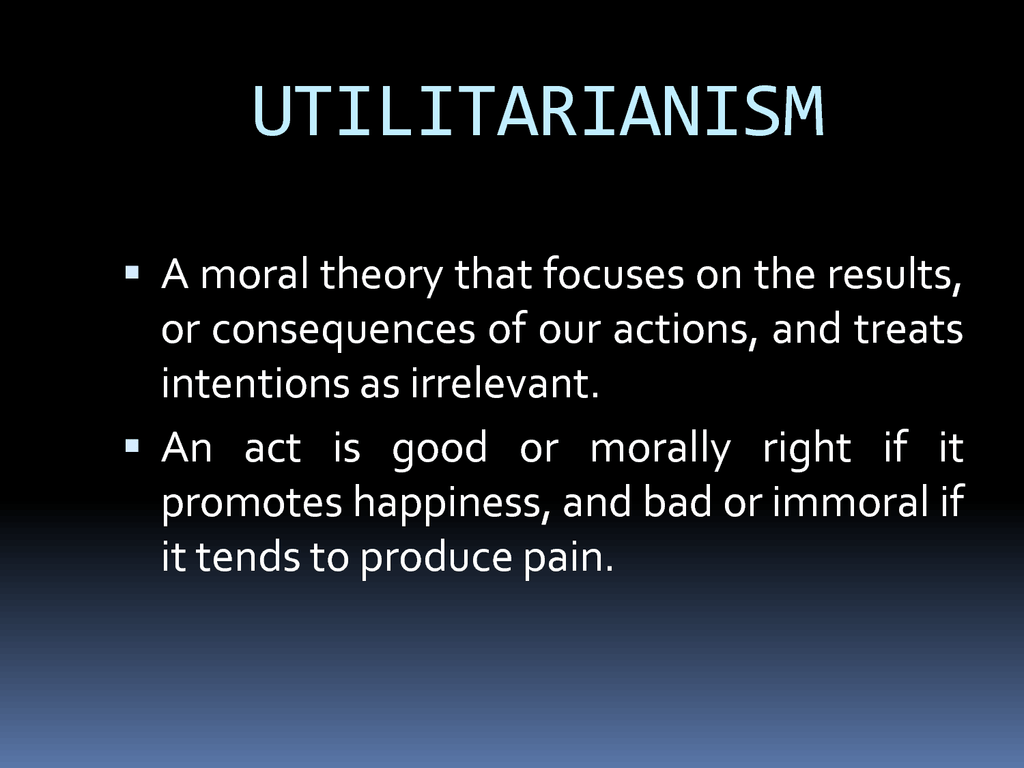We explore various philosophies and its principles to assess their appropriateness as guides in these accelerating exponential times
Utilitarianism
Utilitarianism is a consequentialist ethical theory that focuses on maximizing overall happiness or minimizing overall suffering.
Developed by Jeremy Bentham and later refined by John Stuart Mill, this philosophy asserts that the rightness or wrongness of actions is determined by their overall utility, which is the extent to which they promote happiness or prevent suffering.
Utilitarianism is grounded in the idea of the "greatest happiness principle," which states that one should act in such a way as to produce the greatest overall happiness for the greatest number of people.
In rapidly changing times, this moral framework can provide guidance for navigating ethical dilemmas and making decisions that benefit society as a whole.

Utilitarianism's emphasis on maximizing happiness and minimizing suffering can be seen as a practical and flexible approach to ethics, given the increasing complexities of modern life.
However, critics argue that utilitarianism is overly simplistic and can lead to unintended consequences.
For instance, it may justify morally questionable actions if they are believed to result in greater overall happiness.
Additionally, utilitarianism may not adequately address the rights and needs of individuals or minority groups, as it prioritizes the overall welfare of the majority.
Utilitarianism as a philosophy offers a practical and adaptable approach to ethical decision-making during accelerating exponential change.
Its principles can be applied to a variety of situations, though some criticisms argue that certain aspects may be overly simplistic or fail to adequately address individual rights and long-term consequences.
Overall, Utilitarianism can be a useful framework for navigating the ethical complexities of an increasingly interconnected and rapidly evolving world.
Utilitarianism Singularity Scores
|
Principle |
Branch |
Singularity Score |
Reason |
Criticism |
|
Greatest Happiness Principle |
Ethical Theory |
+60 |
Promotes maximizing happiness and minimizing suffering in a rapidly changing world. |
May justify morally questionable actions or neglect minority interests. |
|
Act Utilitarianism |
Ethical Theory |
+40 |
Encourages evaluating actions based on their immediate consequences. |
May overlook long-term consequences or broader societal implications. |
|
Rule Utilitarianism |
Ethical Theory |
+70 |
Advocates for general rules that promote overall happiness, offering stability and guidance. |
May be inflexible and fail to account for unique circumstances. |
|
Hedonistic Utilitarianism |
Ethical Theory |
+20 |
Focuses on maximizing pleasure and minimizing pain as the primary determinant of happiness. |
May promote short-term pleasure-seeking at the expense of long-term well-being. |
|
Preference Utilitarianism |
Ethical Theory |
+80 |
Considers individuals' preferences and values, making it more adaptable to diverse situations. |
May struggle to determine which preferences should be prioritized in complex scenarios. |

